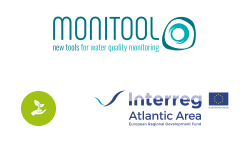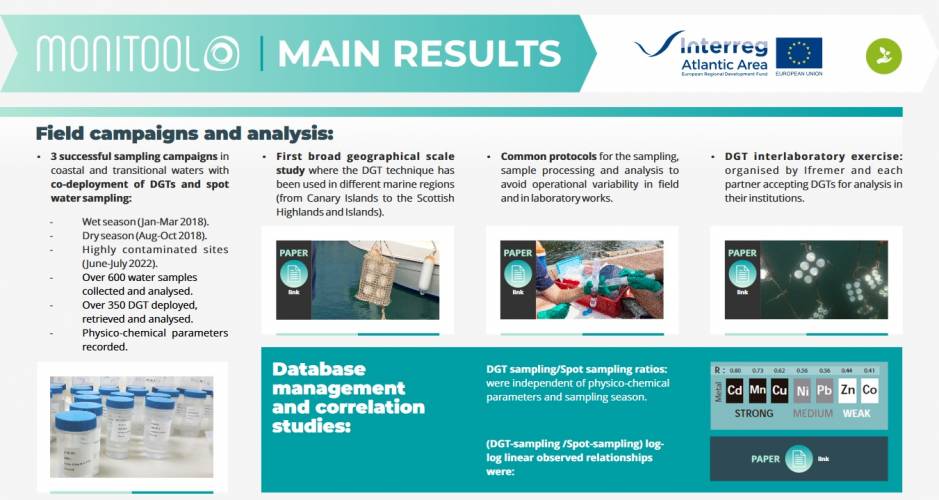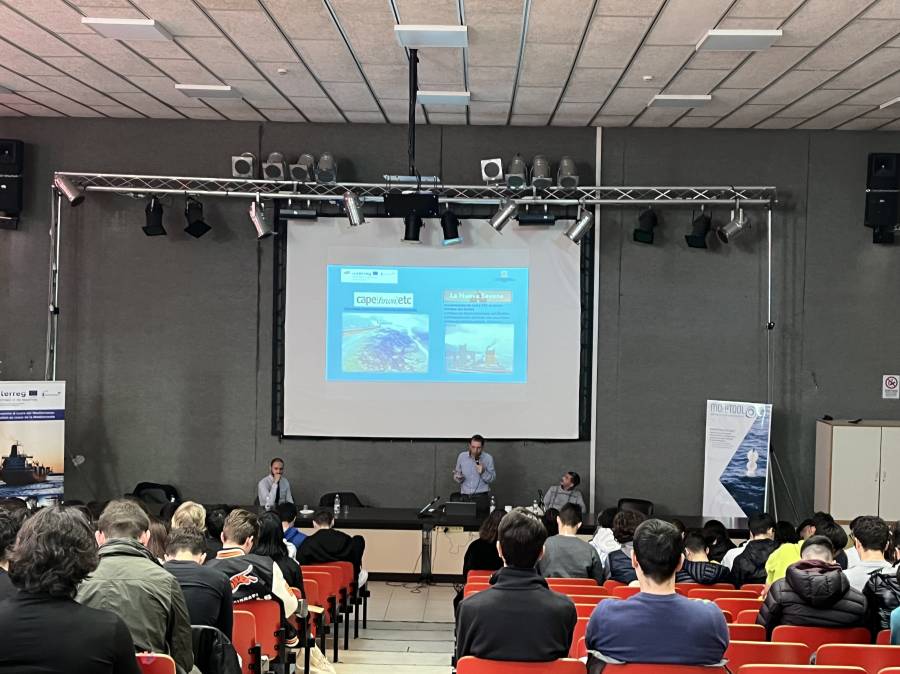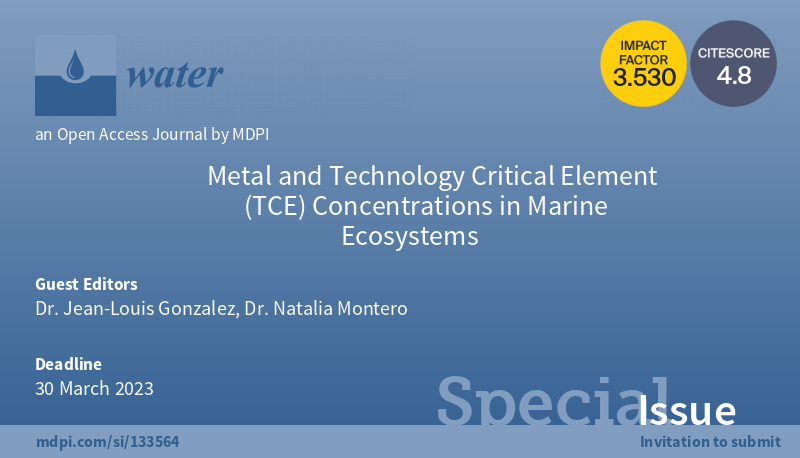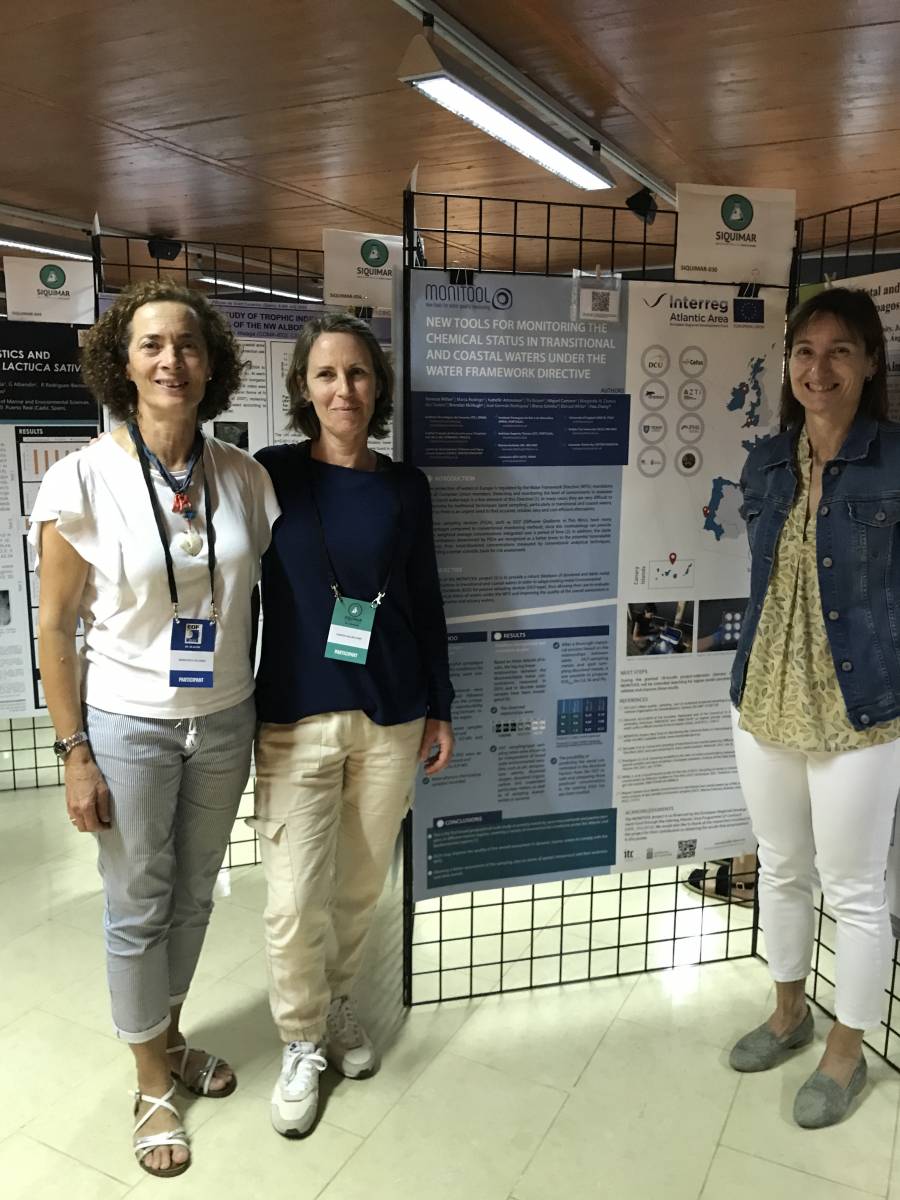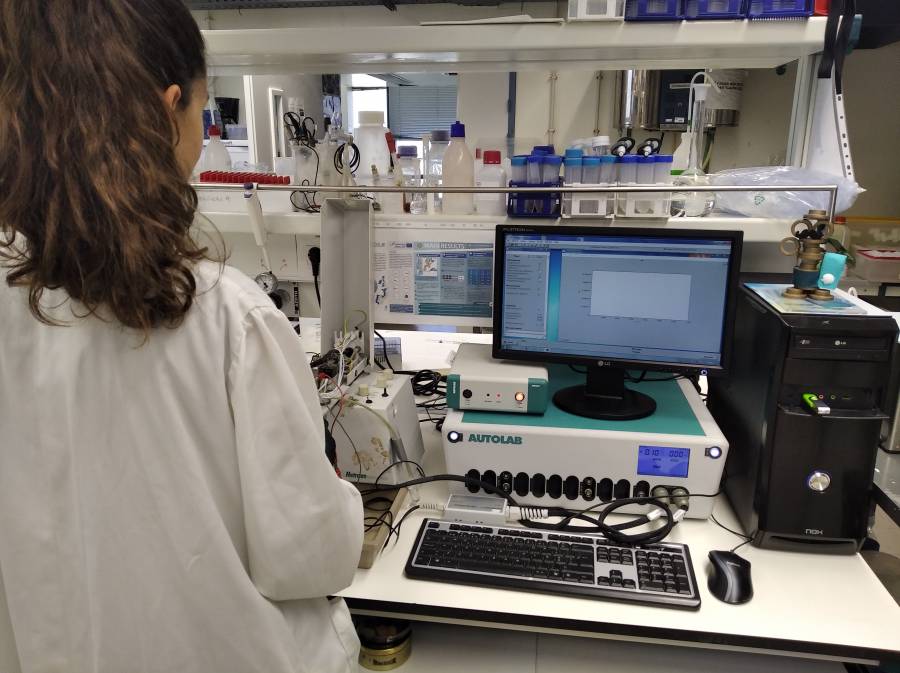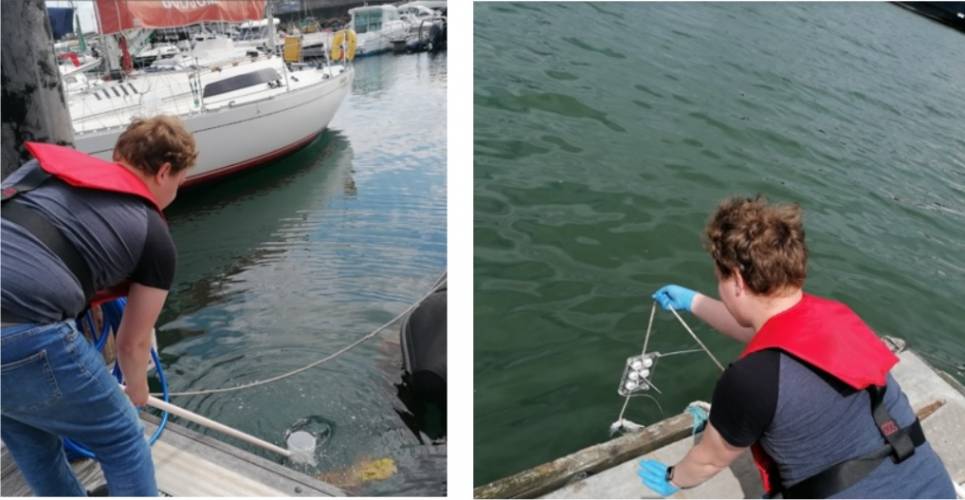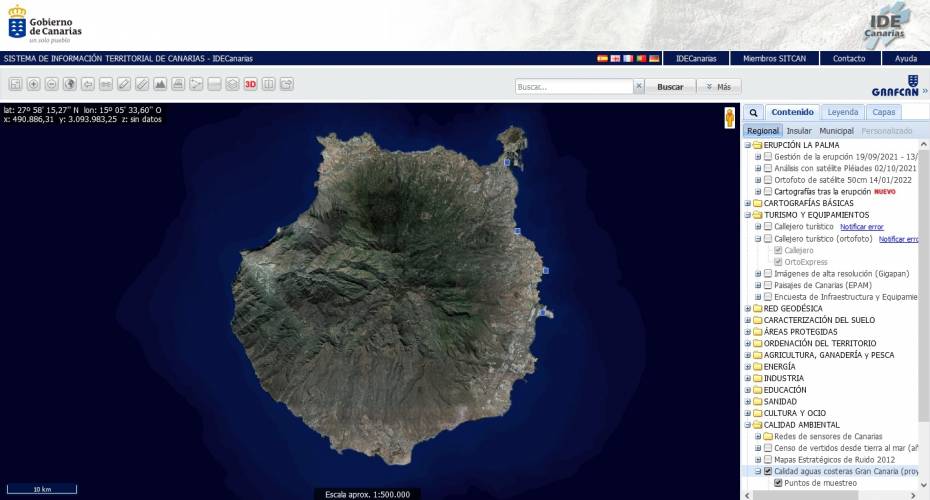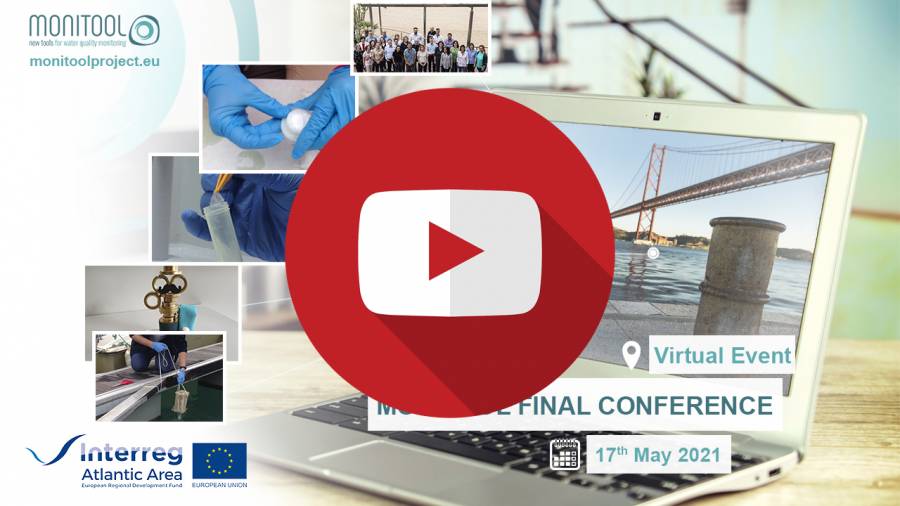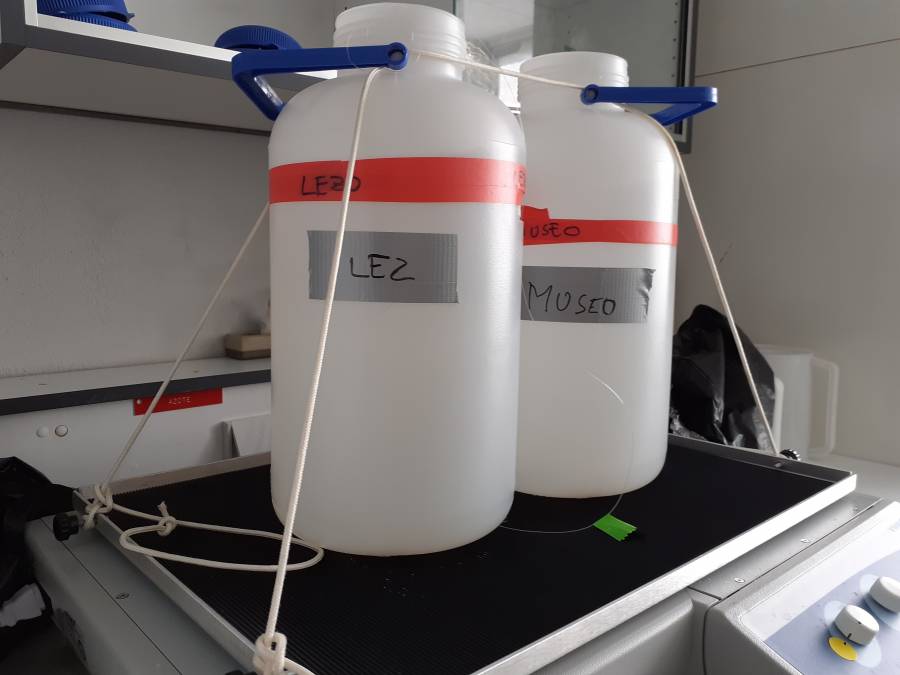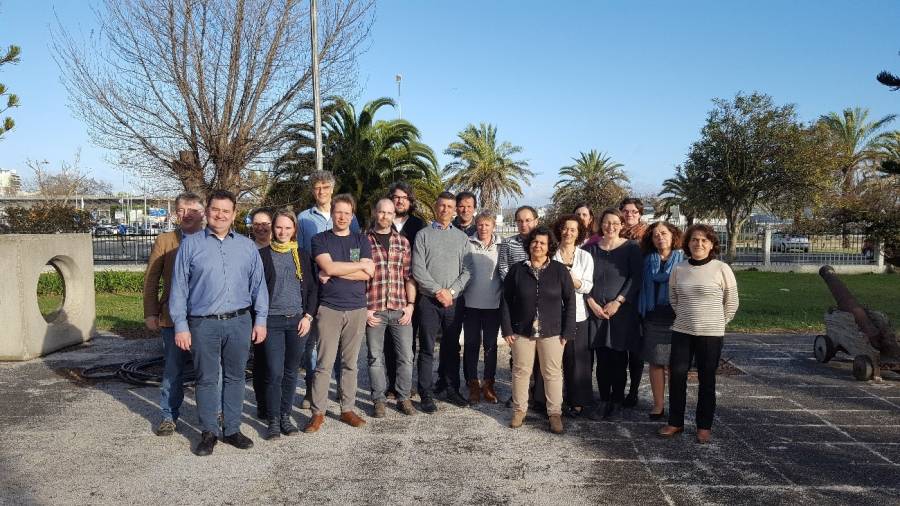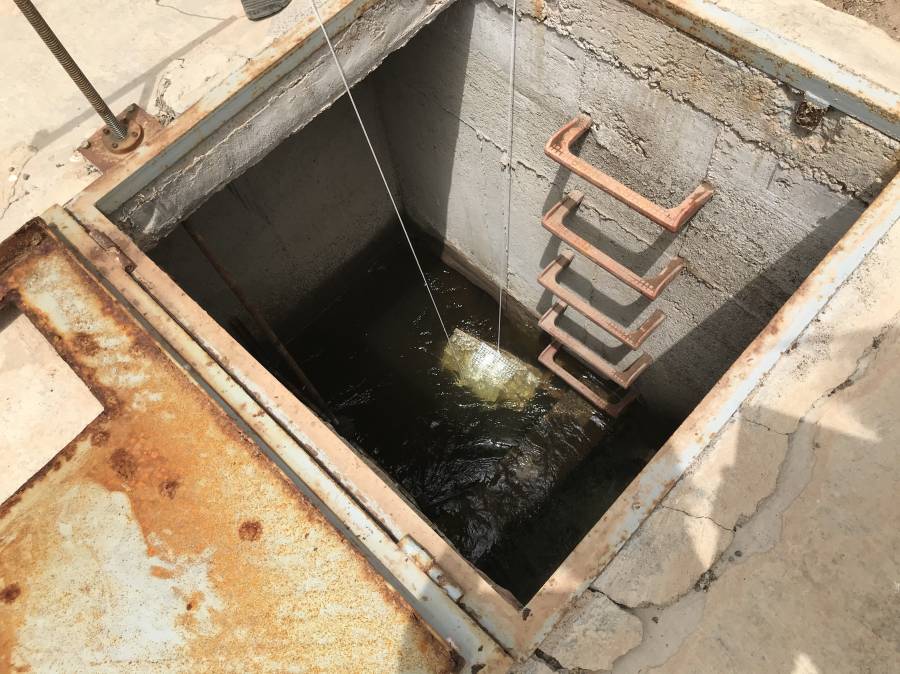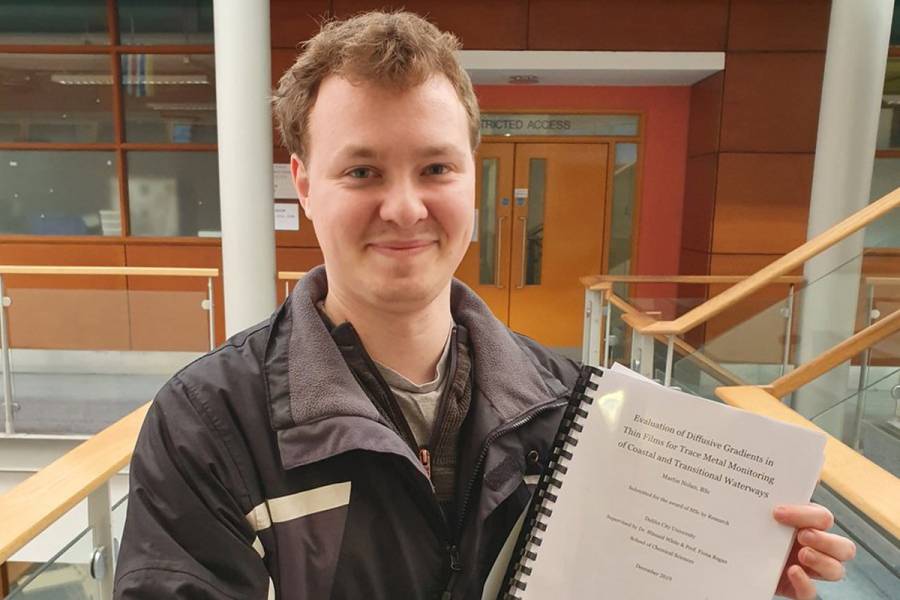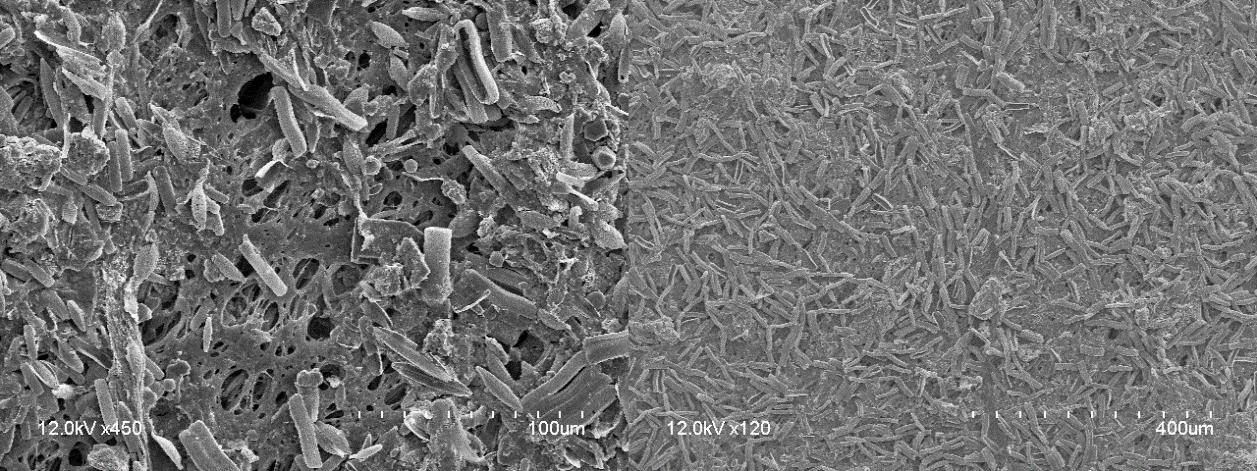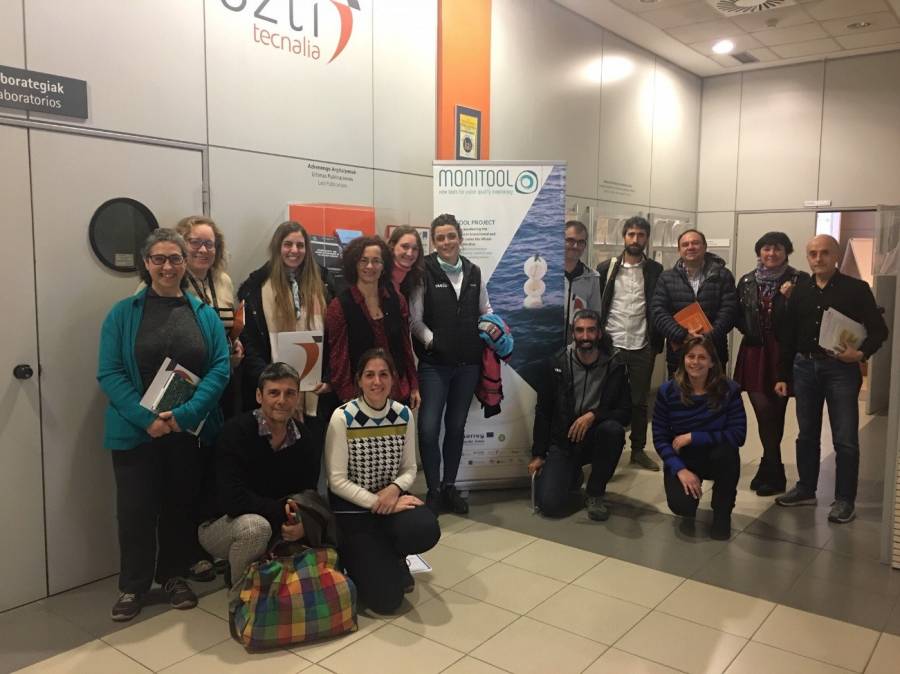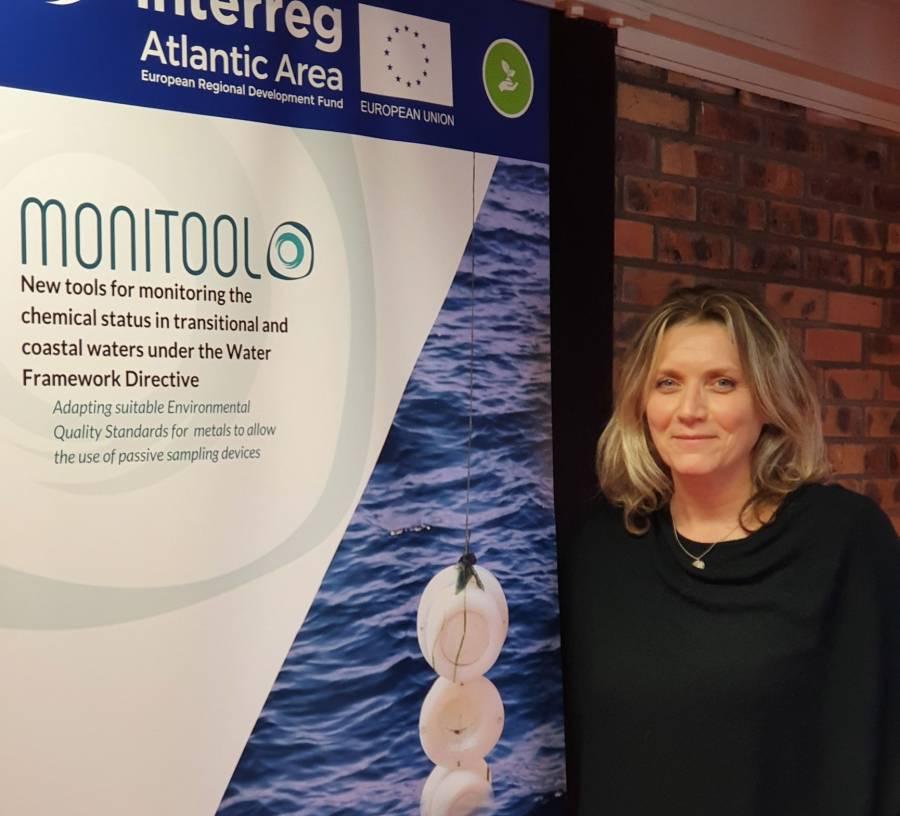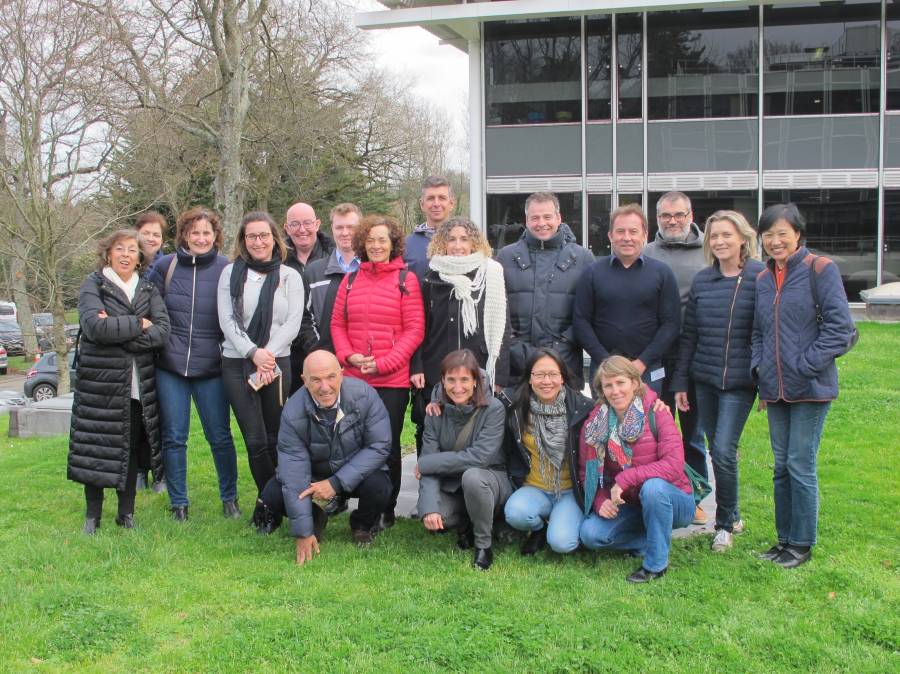Organisation of the interlaboratory DGT exercise by IFREMER, October 2018
In the framework of the MONITOOL project, work package 5, it was decided to set up an intercomparison exercise on the treatment and analysis of DGTs after exposure.
The general objective of the exercise is to assess the potential function and the efficiency of DGTs for trace metals monitoring in surface and coastal waters in the context of the Water Framework Directive (WFD).
More specifically, the main technical and operational objectives of the interlaboratory exercise are:
- identification of potential problems during recovery operations and elution of resins and improvement actions to be implemented;
- evaluation of the choice of analytical methods (limits of quantification sufficient?) and validation of measurement uncertainties;
- to evaluate the comparability and variability of measurements of different metals with DGTs;
- to progress on the harmonization of practices for the use of DGTs especially for the analysis of trace metals in marine waters.
All packaging, immersion, recovery, processing and dispatch operations of the DGTs have been carried out by IFREMER.
10 laboratories participated in the exercise, each participant received "identical" samples exposed, recovered, processed and packaged under the same conditions (all DGTs used being from the same batch) consisting in:
- Blank laboratory DGT
- DGTs (immerged)
- Resins (in an elution tube without acid)
- Resins (in an elution tube with acid: HNO3 1M Suprapur: 1,22 mL)
All DGTs were exposed between 19-25 October 2018 in the Bay of Lazaret (French Mediterranean Sea coast).
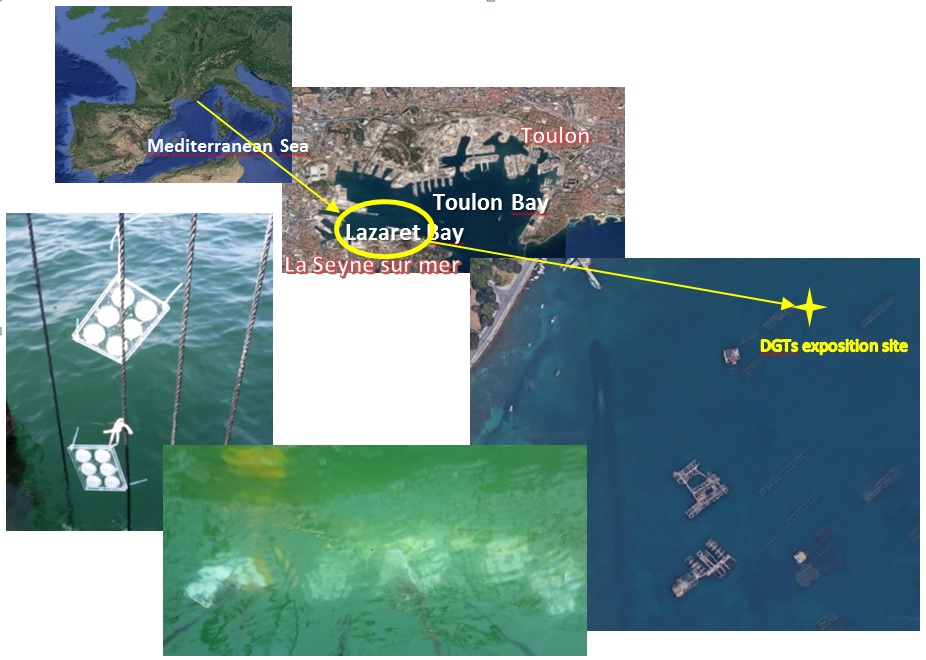
Exposition site for the Interlaboratories DGT exercise
A total of 250 DGTs were used in the interlaboratory DGT exercise, being 180 exposed DGTs (1) and 70 blank laboratory DGTs.
It should be noted that some of the participating laboratories did not have prior experience with the processing and analysis of DGTs. This exercise should allow the various participating laboratories to assess the overall results obtained and, if necessary, conduct appropriate reflection to optimize their practices and ensure the quality of results.

DGTs recovery and processing
Participating laboratories: DCU, ITC, IPMA, AZTI, 3 IFREMER labs (La Seyne/mer, Nantes and Port en Bessin), CEFAS, UNICA and The Scottish government.
(1) 102 DGTs were sent as they were collected (no manipulation); for 39 of them, it was sent only the chelex-100 resin; for the other 39, only the eluates were sent.



